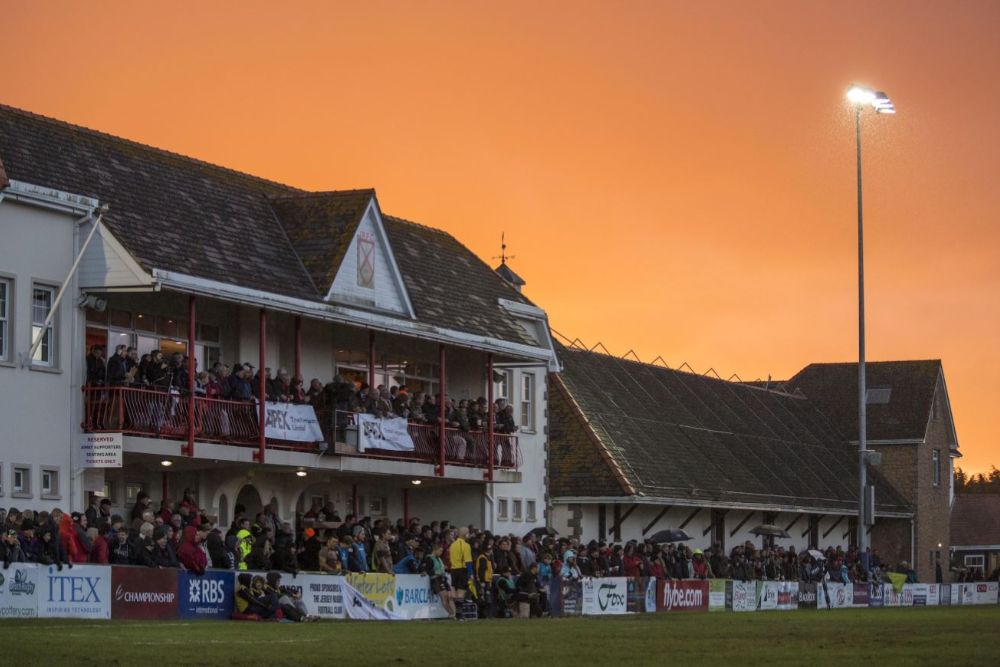
Ministers have told politicians that they aren't confident in the troubled Jersey Reds board to get the club back on a 'sound financial footing'.
In a statement to the Assembly, the Economic Development Minister says that public money was keeping the Reds solvent throughout the summer.
Two emergency bailouts, totalling £370,000, were approved so that players and staff could be paid. A third grant was declined for September, leading to the closure of the club.
The government says it gave the two bailouts on condition the club and its sponsors reviewed the business model.
"The plan that was offered relied upon speculative monies from the RFU, showed income being gained from assets that are not the Reds’, and offered little in the way of cost-savings.
Even if the RFU’s funds were forthcoming, the plan would still have relied upon hundreds of thousands of pounds of government money to keep the Reds afloat."
Deputy Kirsten Morel told States Members the club has made cumulative losses of more than £2.7 million pounds since 2017, even with the support of taxpayer money.
Deputy Morel says that continuing to support the 'private business' is no longer a 'responsible use' of public money.
"The Reds had consistently overspent and drawn down investors’ money at a much faster rate than expected. This inability to stick to a budget meant that neither I, nor the council of Ministers, had confidence that the Reds board could move the club onto a sustainable financial footing."
It's also been revealed that the club has a tax debt of nearly £460k.
Deputy Morel has also disputed the economic benefit the Jersey Reds bring to the island economy.
But Deputy Morel says it's much lower.
"This independent assessment determined that Jersey Reds made a contribution of £1.4 - £2.1m annually to Jersey’s economy, a substantially different valuation to the £5m figure which Reds have claimed.
This economic value is largely derived from tax on payroll and fans from visiting clubs travelling to watch their team play in Jersey.
It should be noted however that matchday spectator numbers have steadily fallen since 2016 when the valuation was undertaken and, that the professional Club has been unable to meet its ITIS payments, as I mentioned previously, and so it could be argued that the current economic value of Jersey Reds is less than the £2.1m it was valued at in 2016."


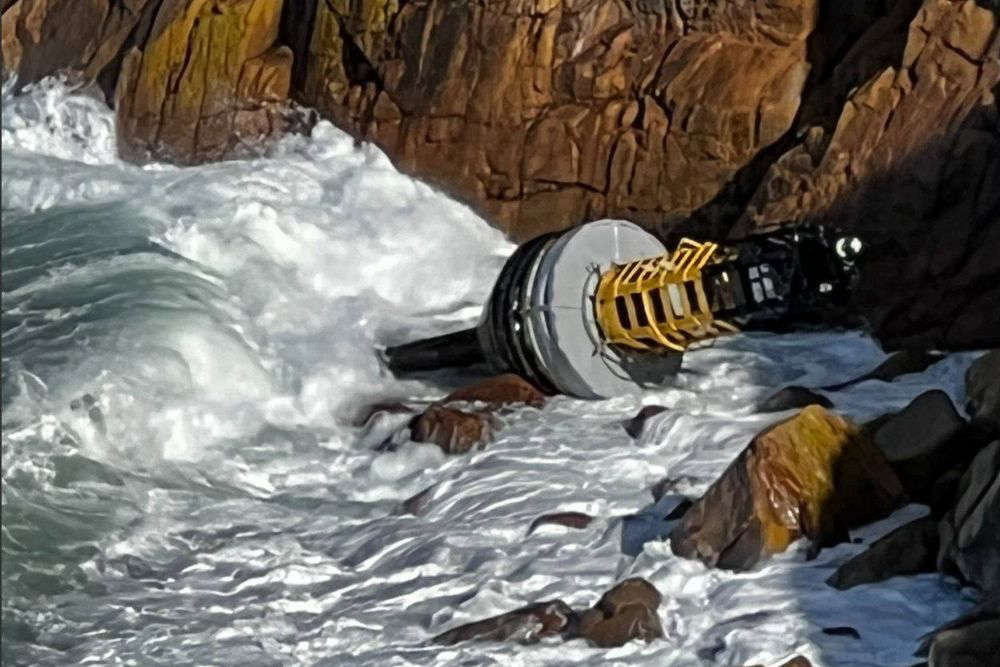 Drifting buoy ends up on Jersey's south coast
Drifting buoy ends up on Jersey's south coast
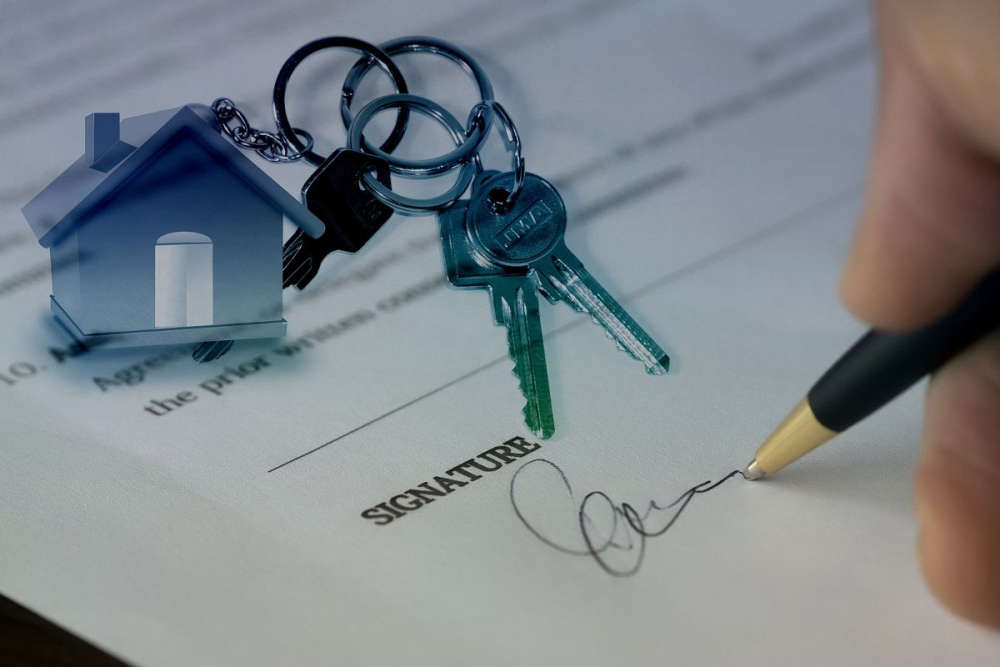 Renters and landlords to see more rights under new tenancy law
Renters and landlords to see more rights under new tenancy law
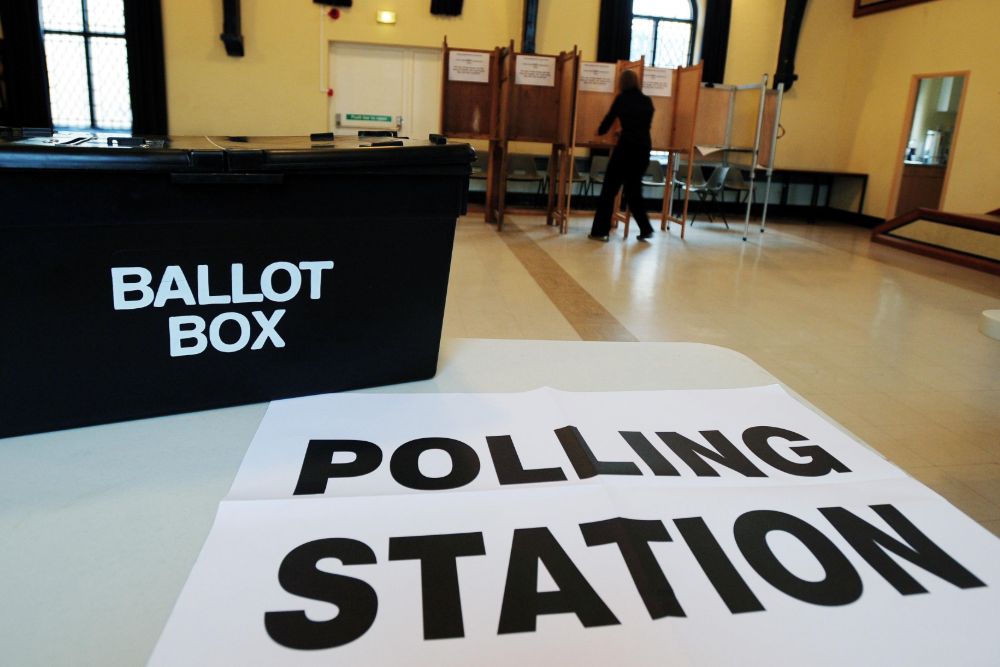 States backs return of 9 senators in 2026
States backs return of 9 senators in 2026
 Schools to compete for 'most active' title and coveted Supertri suit
Schools to compete for 'most active' title and coveted Supertri suit
 Battle organisers want parade to stay free but return to Victoria Avenue
Battle organisers want parade to stay free but return to Victoria Avenue
 Organisers share schedule for 2025 Jersey Air Display
Organisers share schedule for 2025 Jersey Air Display
 'Active' social media use to be taught to Jersey's children
'Active' social media use to be taught to Jersey's children
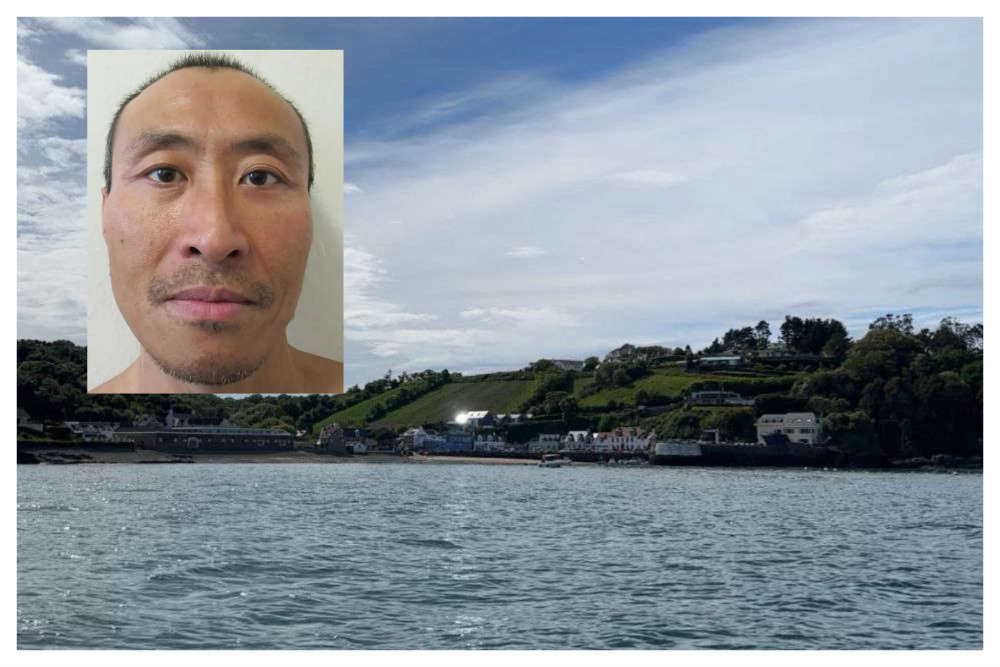 Mystery Man 'David Law' will be deported
Mystery Man 'David Law' will be deported





